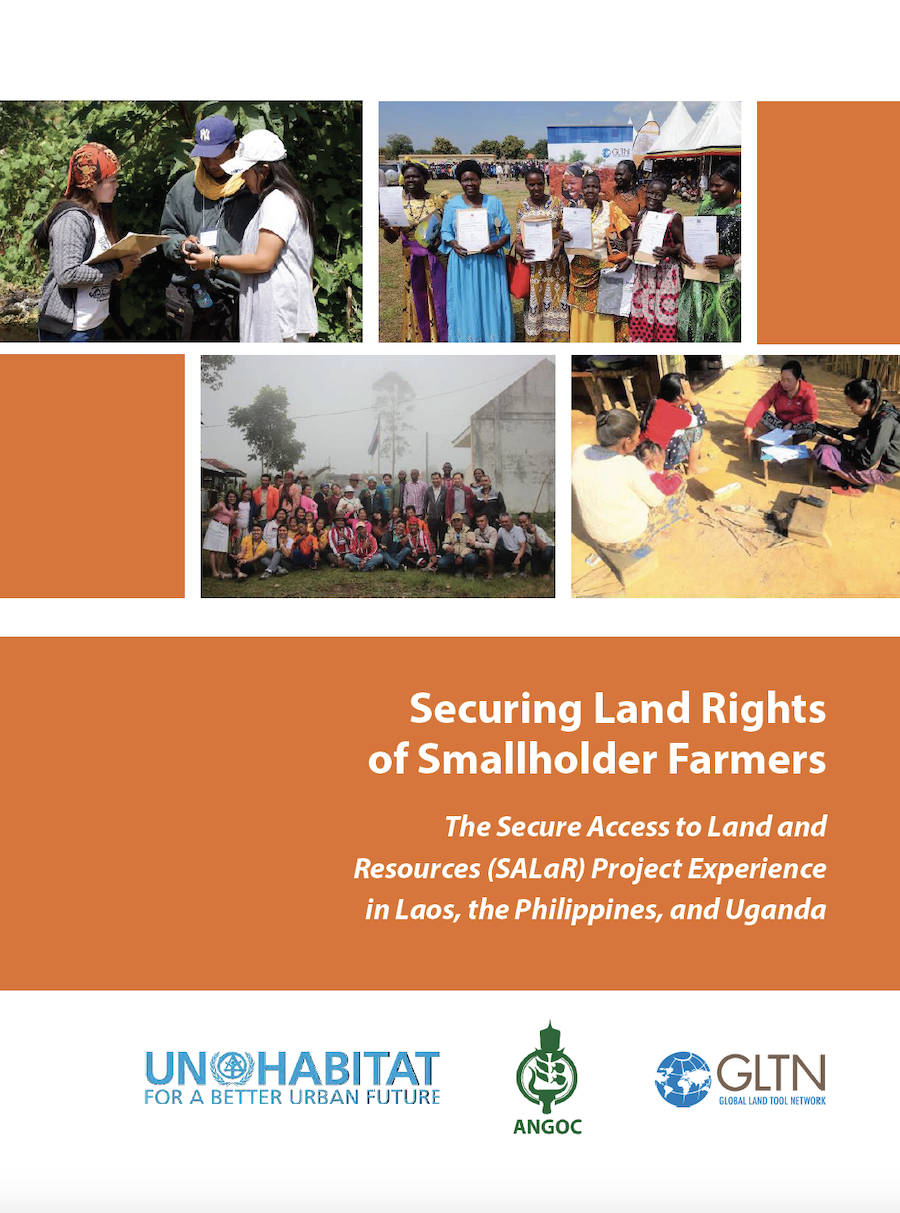Focal point
Location
Founded in 1979, ANGOC is a regional association of 20 national and regional networks of non-government organizations (NGO) in Asia actively engaged in food security, agrarian reform, sustainable agriculture, participatory governance and rural development. ANGOC member networks and partners work in 14 Asian countries with an effective reach of some 3,000 NGOs and community-based organizations (CBOs). ANGOC actively engages in joint field programs and policy debates with national governments, intergovernmental organizations (IGOs), and international financial institutions (IFIs).
Mission & Vision:
The organisation's mission is to create a policy and social environment that enables Asian Rural Poor Communities to exercise their rights to participatory development, gain access to and control of their natural resources, and engage in sustainable livelihoods while drawing from Asia’s rich spiritual and cultural traditions. ANGOC envisions vibrant Asian rural communities living in harmony with nature as stewards of the Earth, whose members are able to realize their full human potentials, collectively chart their path to development, provide for their present and future needs, and equitably share the fruits of their labors in community celebrations of life.
Resources
Displaying 11 - 15 of 102Securing Land Rights of Smallholder Farmers
This report summarizes the background, achievements and emerging outcomes of the Securing Access to Land and Resources (SALaR) project implemented towards improving land and natural resources tenure security for rural poor smallholder farmers, including women, men, youth and vulnerable groups in Uganda, Philippines and Laos.
In Defense of Land Rights: A Monitoring Report on Land Conflicts in Six Asian Countries
Monitoring reports were prepared in six Asian countries to understand the nature, causes, and impacts of land and resource conflicts, and to highlight the human rights issues intertwined with them. This publication likewise provides an overview of some of the available conflict response and resolution mechanisms in Bangladesh, Cambodia, India, Indonesia, Nepal, and the Philippines, and outlines recommended actions for addressing land conflicts.
A Resource Book on Participatory Geographic Information System (PGIS) for Land Rights Advocates (Volume 2)
This guide (volume 2) aims to equip land rights advocates, development practitioners and stallholder farmers and indigenous people’s communities with the necessary knowledge, attitude, and skills on Community Mapping and Participatory Geographic Information System (PGIS). It focuses on data collection, database management, data processing, and analysis for the production of digital maps useful in advancing the land rights agenda of rural communities, particularly indigenous communities and smallholder farmers in Southeast Asia.
A Resource Book on Participatory Geographic Information System (PGIS) for Land Rights Advocates (Volume 1)
This guide (volume 1) aims to equip land rights advocates, development practitioners and stallholder farmers and indigenous people’s communities with the necessary knowledge, attitude, and skills on Community Mapping and Participatory Geographic Information System (PGIS). It focuses on data collection, database management, data processing, and analysis for the production of digital maps useful in advancing the land rights agenda of rural communities, particularly indigenous communities and smallholder farmers in Southeast Asia.







